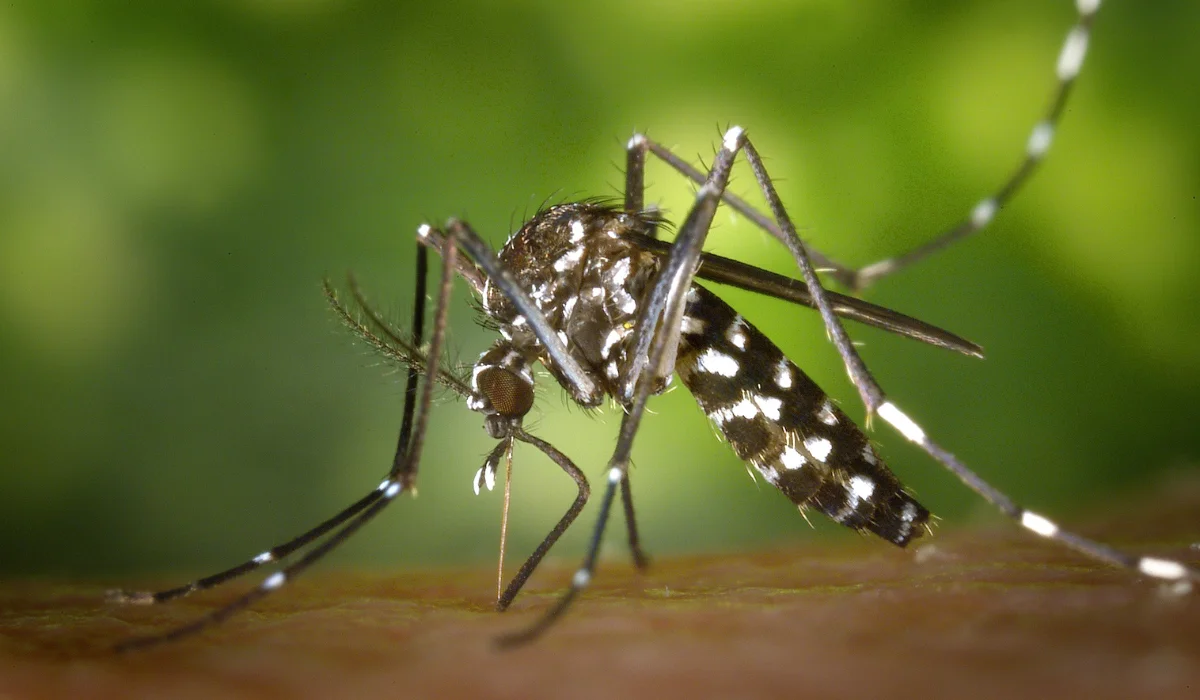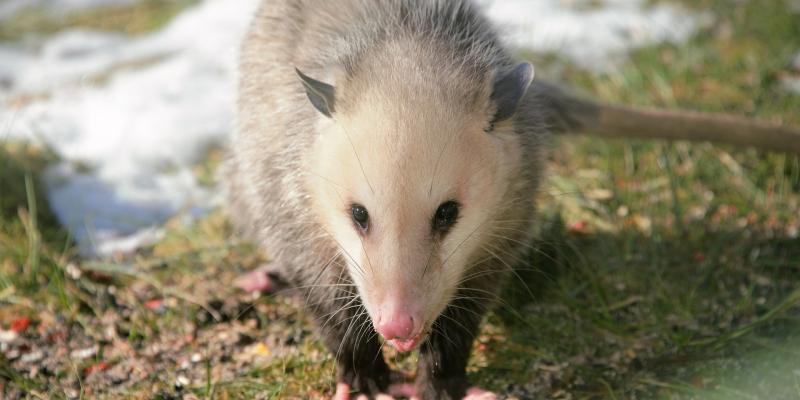
Mosquitoes are relentless in Louisiana, especially once the heat and humidity kick in. But if you’re hesitant about spraying your yard with store-bought products, you’re not alone. Many homeowners are seeking natural mosquito control options that are effective and safe.
Can you reduce mosquito populations without using synthetic sprays?
Yes, if you combine the proper methods and stick with them. Here’s how to keep your yard as mosquito-free as possible using natural strategies.
Key Takeaways
• Remove standing water to break the mosquito life cycle at its source.
• Use natural repellents like citronella, peppermint, and oil of lemon eucalyptus.
• Add mosquito-repelling plants, such as lemongrass and marigolds, to your outdoor spaces.
• Consider professional mosquito control services that offer eco-friendly treatment options.
Understanding the Mosquito Life Cycle
Before you fight mosquitoes, you need to know how they live. Every mosquito starts as an egg laid in or near standing water.
From there, they hatch into larvae, develop into pupae, and eventually become adult mosquitoes. This entire life cycle can take as little as a week in the right conditions, plenty of rain, warm weather, and still water.
By disrupting any part of this process, especially the larval stage, you can significantly impact mosquito activity around your home.
How to Naturally Reduce Mosquito Breeding Grounds
Standing water is the number one breeding ground for mosquitoes in Louisiana. That includes more than just puddles or ponds.
Check these places around your home:
• Gutters clogged with leaves
• Birdbaths and flowerpot saucers
• Kiddie pools and buckets
• Old tires and tarps
• Low spots in your yard that collect rainwater
Empty and scrub anything that holds water at least once a week. For areas where water collects regularly, such as ditches or shaded planters, consider using natural larvicides like Bt (Bacillus thuringiensis israelensis), which targets mosquito larvae without harming fish or pets.
Do Natural Repellents Work?
Yes, but you have to choose wisely. Not every natural mosquito repellent is created equal.
Citronella, lemongrass, and peppermint oils can repel mosquitoes when used correctly. You’ll find them in candles, sprays, or essential oil blends. Please note that they typically need to be reapplied more frequently than synthetic options.
Oil of lemon eucalyptus is another top performer, to the extent that the CDC lists it as an effective mosquito repellent. It’s a solid choice if you’re trying to avoid DEET but still want results.
That said, DEET is still one of the most reliable options for preventing mosquito bites. If you’re spending long hours outside, especially during peak mosquito activity, a small amount of DEET-based insect repellent can help.
Plants That Help Repel Mosquitoes
Adding certain plants to your landscaping can help deter mosquitoes from hanging around your outdoor spaces. Try these mosquito-repelling varieties:
• Marigolds emit a scent that repels mosquitoes and are easy to grow.
• Lemongrass: Contains citronella and does well in the Louisiana heat.
• Peppermint: Can grow in pots or beds and has a scent that keeps adult mosquitoes at bay.
• Lavender and basil: Both are aromatic and useful in the kitchen, too.
While plants alone won’t stop infestations, they can be part of a broader strategy for natural mosquito control in Louisiana.
Natural DIY Mosquito Control Tips
Looking to take matters into your own hands? Here are some DIY strategies to help:
• Use mosquito dunks in areas of standing water, ensuring they’re labeled as safe for wildlife and pets.
• Run a fan on your porch or patio; mosquitoes aren’t strong fliers and will avoid windy areas.
• Install fine mesh screens on windows and doors to block entry points.
If you enjoy DIY projects, you can also create your natural mosquito repellent by mixing water, witch hazel, and a few drops of essential oils, such as citronella, lemongrass, and peppermint.
Why Some Areas in Louisiana Are Tougher Than Others
If you live in Baton Rouge, New Orleans, or anywhere along the bayous, you already know: mosquito season lasts longer here and hits harder. High humidity and dense vegetation create ideal conditions for mosquito breeding.
Mosquito-borne illnesses, such as West Nile virus and Zika virus, are a concern in these areas. That’s why it’s so important to stay ahead of mosquito populations, especially when summer rolls in.
When to Consider Professional Help
Sometimes, even the best DIY efforts fall short, especially after heavy rains or if your yard backs up to wooded areas or marshes.
That’s where LaJaunie’s Pest Control can help. Our mosquito control services include eco-friendly options that work in harmony with your lifestyle and environment. We’ll assess your property, identify problem areas, and suggest a plan tailored to your yard, whether you’re in New Orleans, Baton Rouge, or Thibodaux.
And yes, we offer same-day service.
Final Thoughts
Yes, you can control mosquitoes without synthetic sprays, but it takes a layered approach. Remove standing water, use effective natural repellents, and choose plants that work with you, not against you.
If your mosquito problem feels bigger than what DIY can handle, you’re not alone. Reach out for a customized plan that provides a genuine break from the bites.
FAQs
What is the best natural mosquito repellent for Louisiana homes?
Oil of lemon eucalyptus is one of the best natural repellents. Citronella, peppermint, and lemongrass oils also work well when applied regularly or used in candles and sprays.
How do I prevent mosquitoes from breeding in my yard?
Empty and clean any containers that hold standing water, including gutters, bird baths, and flower pots. Use mosquito dunks in areas you can’t drain.
Do mosquito-repelling plants work?
They can be helpful, especially when combined with other strategies. Marigolds, lemongrass, and peppermint are all plants that repel mosquitoes naturally.














